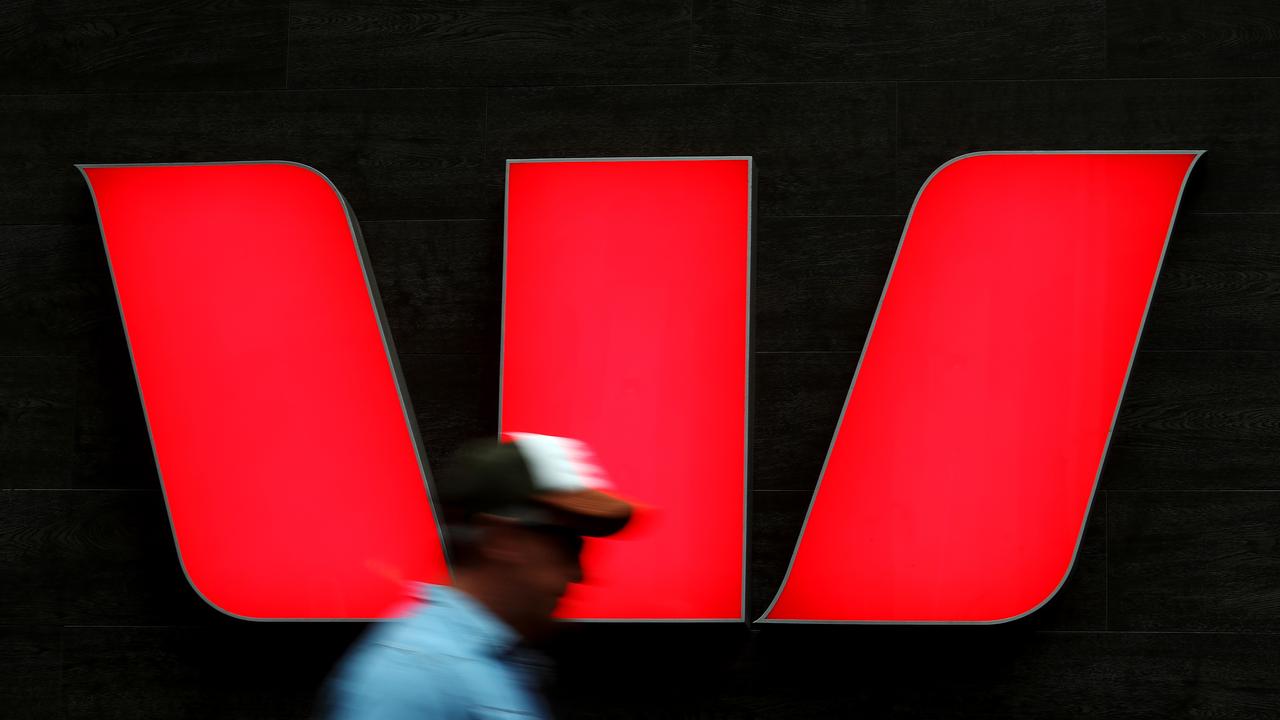Canberra’s bank levy falls short of target
The epic mishandling and obsessive secrecy surrounding the $6.2bn bank tax is finally coming home to roost.
The epic mishandling and obsessive secrecy surrounding the $6.2 billion bank tax is coming home to roost, as financial impact statements from four of the five targeted banks show there will be a significant revenue shortfall.
This is a disaster for the government, and it came on the same day that Malcolm Turnbull said the banks should be thanking him for the budget’s revenue measures because they preserved the AAA sovereign rating.
The less said about the proposition that you can tax your way to prosperity the better.
After stock exchange statements yesterday from Westpac, Commonwealth Bank, National Australia Bank and ANZ, the government can so far count on about $965 million of the expected $1.5bn revenue windfall.
That’s an after-tax figure — pre-tax it’s just over $1.4bn — and there’s no way Macquarie Group is going to make up the shortfall.
The revenue hole that’s just appeared is not the only embarrassing feature of the bank tax.
One of the great innovations in the budget has been the ability of financial ministers to press an internal button that triggers a pre-recorded excuse, fit for any occasion, for the tax.
First it was budget repair, then it was a fair charge for the sector’s implicit guarantee.
Now, as the Labor Party and the Nick Xenophon Team push to broaden the tax’s application to foreign banks, it’s to encourage domestic competition.
Finance Minister Mathias Cormann said yesterday there was no plan to include foreign banks in the tax net.
He said offshore banks were similar in scale to the nation’s second-tier, regional lenders, which were meant to benefit from the imposition of a six-basis-point levy on the liabilities of the big four commercial banks and Macquarie.
It would therefore be discriminatory to tax the foreign banks and exempt the regionals.
Trade and services agreements could also be breached, and there was also a concern that some foreign banks could be double-taxed because they were already subject to a liability tax in their home markets.
Xenophon has flagged that he will oppose the legislation unless it drags in the likes of HSBC, ING and BNP Paribas.
He wants the extra $800m in revenue over the forward estimates for a last-resort compensation scheme, like the one under consideration by the Ramsay review of the external dispute resolution framework.
The government needs the support of the Greens, plus one of the crossbenchers, to secure passage of the bank tax in the Senate.
The Greens have said they will consider making foreign banks subject to the tax, but their current position is that the change would be unworkable.
When the debate over the tax was confined to budget repair, the major banks and Macquarie had a theoretical hope that a sunset clause could be included in the draft legislation.
The government has since said that the levy is permanent, which means it is unequivocally a tax, and now all hope seems to be lost for equal treatment of the foreign banks.
Westpac became the first of the five institutions to release an estimate of its impact, saying it would translate to an annual cost of about $370m, or $260m after tax.
For Commonwealth Bank, the pre-tax cost will be $315m, or a net $220m, while NAB and ANZ will hand over $245m and $240m respectively.
Lenders in doghouse
Debt and equity markets are united in their gloomy outlook for the nation’s financial services companies after Standard & Poor’s yesterday lowered the stand-alone credit profiles of 23 institutions by one notch.
While the big four were spared, it was hardly a ringing endorsement, with the banks seen at heightened risk of a sharp correction in property prices that would mean a big hike in credit losses.
The majors only kept their AA-minus ratings with a negative outlook because of S&P’s belief that the government will bail them out if they hit the skids.
On the equities side, the majors’ negative return of 5.5 per cent over the past month has significantly lagged the 0.3 per cent negative return for the ASX 200.
It’s the same story over the past three months (negative 2.3 per cent compared with plus 1.3 per cent), although the situation reverses over a 12-month period.
For a long time, major-bank share prices have been pumped up by the global hunt for yield, as interest rates dived towards zero, or even into negative territory.
But now there’s a yawning gap, almost across the board, between domestic returns over one-month, three-month and 12-month horizons compared with large and mid-cap US banks
According to Deutsche Bank, Australia’s large-cap banks only managed to outperform in a single category — a 5.1 per cent negative return over three months compared with a 9.3 per cent negative return for large-cap banks in the US.
Sentiment around the banks has fundamentally charged.
Investors are happy to sit on the sidelines as the mainstream political parties compete to outdo each other with tough, anti-bank rhetoric.
On investor roadshows, it used to be property prices that dominated the conversation.
While broking firm Shaw and Partners said yesterday that any call on the banks is a call on house prices, it’s a subject that’s well-known to professional investors.
The hot new topic for discussion is unquestionably the hostile political environment.
gluyasr@theaustralian.com.au
Twitter: @Gluyasr



To join the conversation, please log in. Don't have an account? Register
Join the conversation, you are commenting as Logout